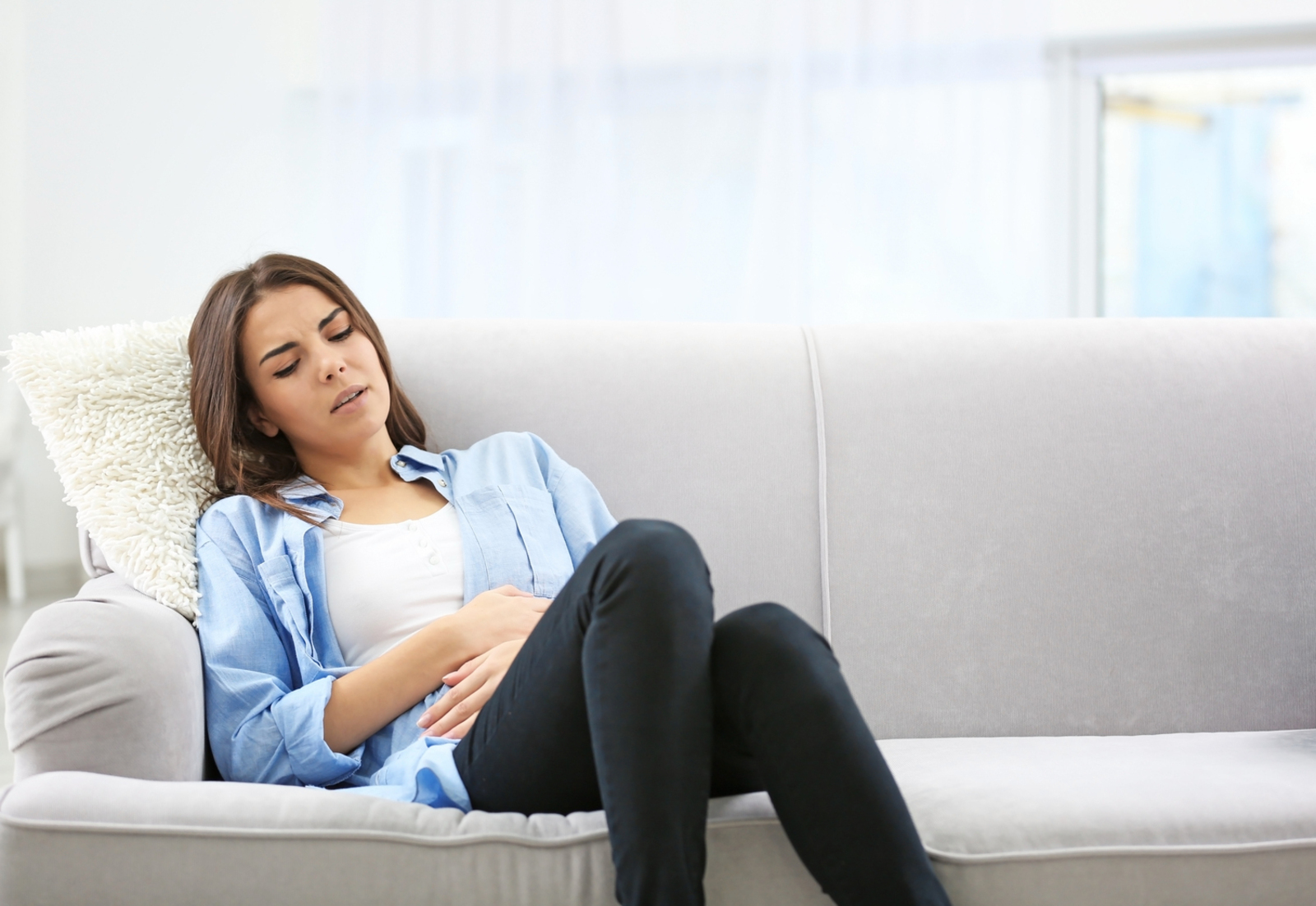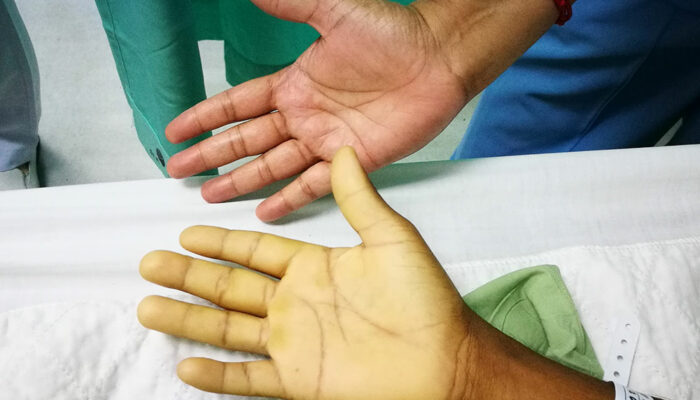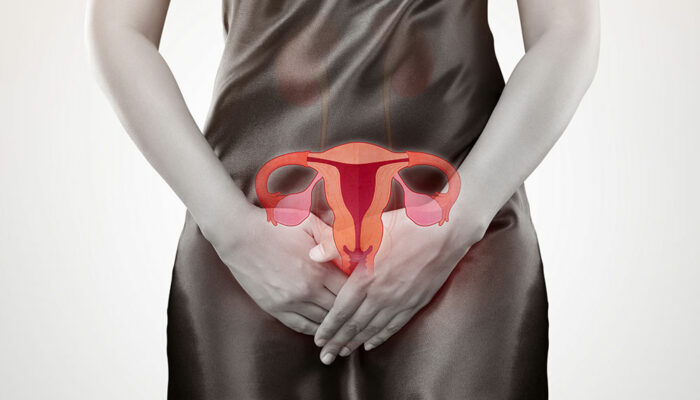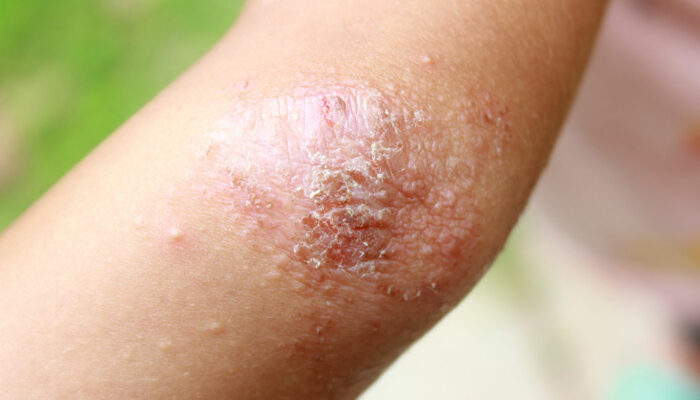
5 Early Signs of Endometriosis
Endometriosis is a common yet often misdiagnosed condition affecting women of reproductive age. This disorder is characterized by the growth of endometrial tissue outside the uterus, resulting in inflammation, scarring, and pain. According to the Endometriosis Foundation of America, endometriosis affects around 10% of women worldwide, and it takes an average of 10 years to receive a diagnosis. Here are some early signs of endometriosis that you should be aware of:
1. Painful periods (dysmenorrhea)
Painful periods are a common symptom of endometriosis. Women with endometriosis often experience severe cramping, lower back pain, and abdominal discomfort during their periods. This type of pain is not typical menstrual cramping and can interfere with daily activities. Painful periods occur because the endometrial tissue outside the uterus responds to hormonal changes during the menstrual cycle, causing inflammation and pain.
2. Pelvic pain and cramping
Pelvic pain and cramping are other common symptoms of endometriosis. This type of pain can occur at any time of the month and is often more severe during ovulation and menstruation. Pelvic pain and cramping can range from mild to severe and can affect a woman’s quality of life.
3. Pain with intercourse
Pain during sex, or dyspareunia, is a symptom of endometriosis that affects many women. The pain can be deep, sharp, or stabbing and can occur before, during, or after intercourse. This type of pain occurs when the endometrial tissue grows near the vagina, cervix, or other reproductive organs.
4. Excessive bleeding
Excessive bleeding, or menorrhagia, is another early sign of endometriosis. Women with endometriosis may experience heavier periods than usual or bleeding between periods. This type of bleeding occurs when the endometrial tissue outside the uterus responds to hormonal changes during the menstrual cycle.
5. Painful bowel movements and urination
Endometriosis can also cause painful bowel movements and urination. Women with endometriosis may experience pain or discomfort when they have a bowel movement or urinate. This type of pain occurs when the endometrial tissue grows near the bowel or bladder.
Early diagnosis and treatment are essential for managing endometriosis. Treatment options include medication, birth control, and surgery. Hormonal birth control can help regulate periods and reduce pain. Medications like nonsteroidal anti-inflammatory drugs (NSAIDs) can also help manage pain. In severe cases, surgery may be necessary to remove the endometrial tissue. Women with endometriosis may also face challenges in conceiving. Treatments like in vitro fertilization (IVF) and intrauterine insemination (IUI) can help women with endometriosis conceive. These treatments involve fertilizing an egg outside the body and implanting it into the uterus.



